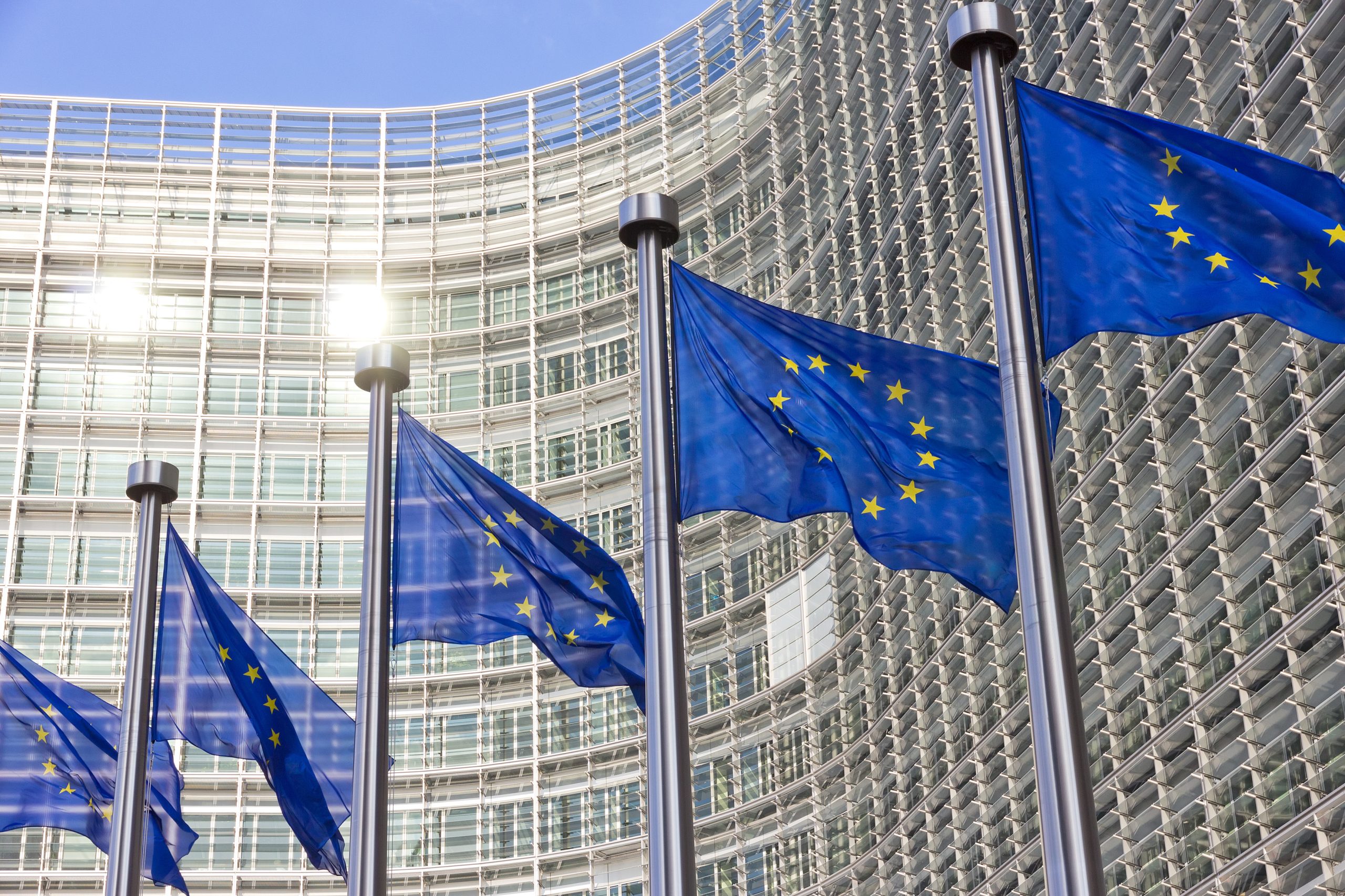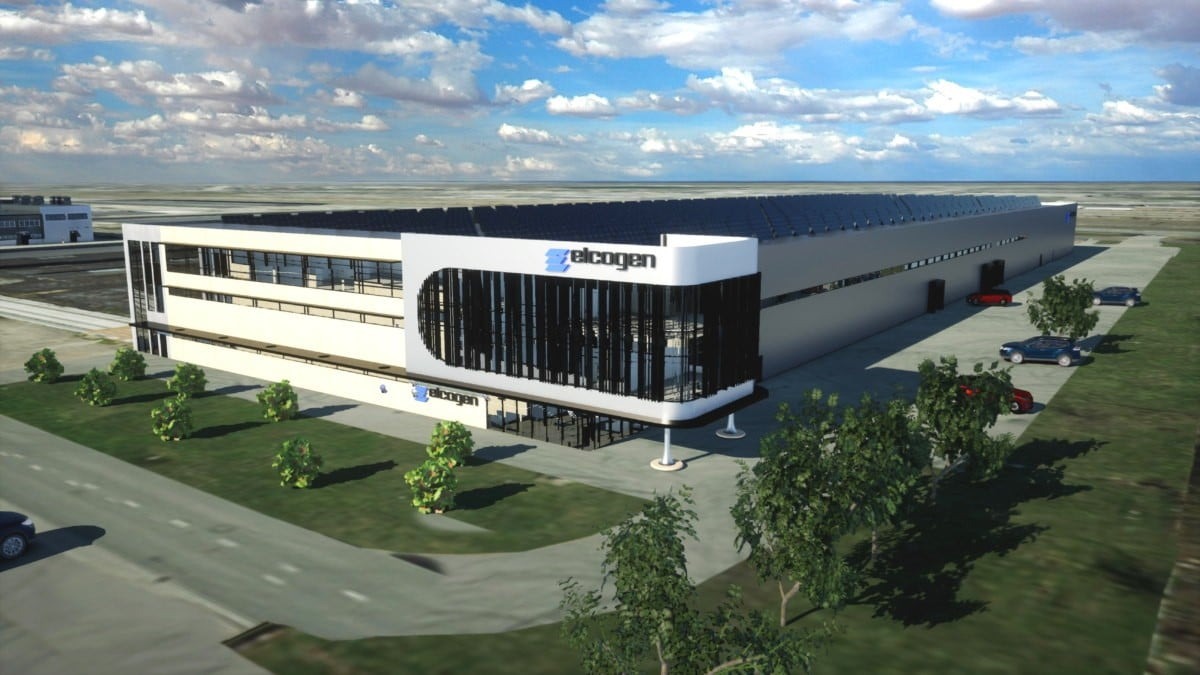European Hydrogen Economy Creates New Economic Opportunities

The European Green Deal and the European Hydrogen Strategy are core elements towards a climate-neutral EU economy by 2050. Hydrogen will play a key role in storing renewable energy and in the deep decarbonisation of hard-to-abate sectors such as steel and chemical industries and the transport sector.
Furthermore, developing the European hydrogen economy creates new economic opportunities and will increase the EU’s competitiveness. The supply, storage and distribution of renewable hydrogen will have to become more efficient, less costly and more reliable. Research and innovation are key to achieving these goals.
The Commission Staff Working Document ‘Building a European Research Area for clean hydrogen’ showcases the role of European research and innovation in accelerating the green transition.
Achievements and innovation already expanding
EU Research and Innovation Framework Programs invested more than EUR 1 billion over the period 2008- 2021 into developing hydrogen technologies through two successive Fuel Cells and Hydrogen Joint Undertakings (FCH JU and FCH 2 JU).
They leveraged an additional EUR 1 billion from the private sector and allowed the EU to become technology leader in the areas of electrolysers, fuel cell buses and refuelling stations.
The Joint Undertakings designed the concept of Hydrogen Valleys: geographical or industrial clusters combining several hydrogen applications along the whole hydrogen value chain. There are now 21 Hydrogen Valleys in the EU.
New research and innovation actions contributing to the EU strategy
Horizon Europe and the Clean Hydrogen Undertaking: The new Clean Hydrogen Joint Undertaking, set up under Horizon Europe, will receive EUR 1 billion for 2021–2027, complemented by another 1 billion from the industry.
The coverage of the whole value chain, from production and storage to distribution and use, will be ensured by synergies between partnerships under Horizon Europe. Horizon Europe also contributes to the hydrogen policy through the European Innovation Council EIC and the European Institute of Technology EIT.
ERA pilot on Green Hydrogen: Cooperation between the European Commission and Member States on a ‘green hydrogen Research and Innovation ERA pilot’ and a related roadmap will drive the implementation of a strategic research agenda.
EC activities will focus on creating a common European Data Observatory on clean hydrogen, developing Open Innovation Test Beds as a first step towards a common open technology infrastructures network, and supporting the development of skills needed for the hydrogen economy.
International cooperation The Clean Hydrogen Mission under Mission Innovation, in which the Commission has a leading role, mobilizes international cooperation to create a global hydrogen economy. It aims at setting up 100 Hydrogen Valleys across the world by 2030.
Synergies between instruments and programs The European Commission and Member States intend to work jointly with industry and academia to better link research and innovation programs with deployment funding.
A European ecosystem on clean hydrogen, which will cover the whole chain from research towards market deployment, will also boost a world hydrogen economy, which is key to achieve our objectives for a clean planet.
Some success stories of EU research are as follows:
- The FLHYSAFE project (budget €7.3 million) shows promising steps towards commercially viable emergency hydrogen-power generation and more electrical aircraft, and towards the first demonstrations of a liquid hydrogen storage and fuel cell propulsion system for passenger aircraft.
- A series of demonstration projects have shown that buses and refuelling infrastructure can perform as well as diesel in various urban and climatic conditions. Suppliers involved in the recent JIVE 2 project (€105 million) have met the target cost of € 625 000 per standard 12 m bus.
- THyGA project (budget €2.5 million) investigates the impact of blends of natural gas and hydrogen for use in residential and commercial appliances. The project is testing around 100 residential gas appliances, such as boilers and cookers, in order to provide safety and performance guidance for manufacturers and end-users.
- Circularity is the new paradigm. HYTECHCYCLING (budget €5.6 million) and BEST4HY (budget €1.6 million) focus on recycling and dismantling strategies, as well as the recovery and reuse of resources such as platinum. EGHOST (budget €1.13 million) is working on eco-design guidelines to promote efficiency, finding ways to refurbish older technologies and include environmentally friendly in the design of new ones.
Byline: Petra Crotic

